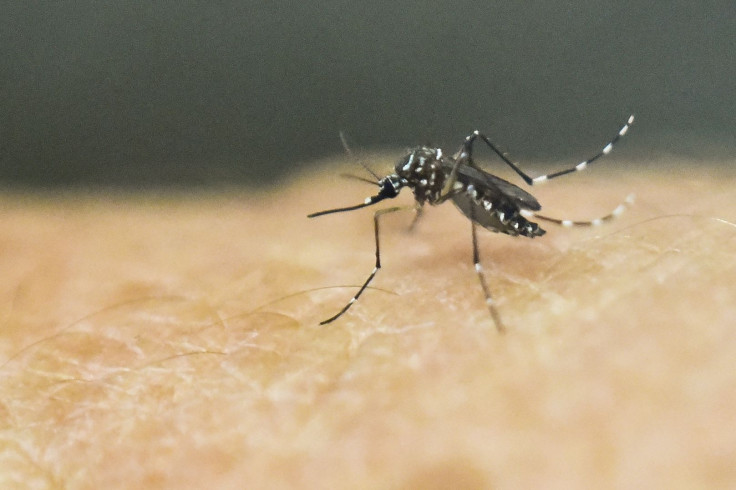West Nile Virus Symptoms: Illinois Mosquitoes, Dead Bird In Wisconsin Test Positive

Health officials announced Wednesday that mosquitos in Glenview and Morton Grove, Illinois, tested positive for West Nile Virus (WNV).
Illinois Department of Public Health (IDPH) said in a press release the North Shore Mosquito Abatement District collected mosquito specimens May 25, which tested positive for WNV. However, there have been no reports so far of any humans being infected by the virus in the area, Chicago Tribune reported.
According to the Centers for Disease Control and Prevention, “West Nile is a virus most commonly spread to people by mosquito bites. In North America, cases of West Nile virus (WNV) occur during mosquito season, which starts in the summer and continues through fall.”
Unfortunately, there are no vaccines available for WNV yet. Most people who become infected with the virus do not develop symptoms. Only one out of five infected people develop fever and other symptoms of the disease and only one person out of 150 showing symptoms end up being fatally ill.
Symptoms of the disease, other than fever, are headache, body aches, joint pains, vomiting, diarrhea, or rash. Only in extreme cases does a person infected with the virus display symptoms like high fever, neck stiffness, stupor, disorientation, coma, tremors, convulsions, muscle weakness, vision loss, numbness and paralysis.
People with pre-existing medical conditions like cancer, diabetes, hypertension, kidney disease or someone having had recent organ transplants run a higher risk of getting seriously ill after being infected. Also, although the virus can infect people of all ages, it often proves deadly for people over 60 years.
The most effective way to keep WNV at bay is to use mosquito repellants inside the house and wearing long sleeved clothes while stepping out. Apart from that, one can keep mosquito screens in impeccable condition, empty water-holding containers on daily basis and trim tall grass and weeds.
IDPH Director Nirav Shah said in the press release the health department expected a rise in WNV infection among the human population as summer progresses.
“As we see higher temperatures, we will start to see more West Nile Virus activity,” he said.
The first case of West Nile Virus in 2018 was detected in a dead bird in Columbia County, Wisconsin.
“This case reminds us that West Nile virus is already active in Wisconsin this season, so we all need to take steps to prevent mosquito bites so we can keep from getting sick," said State Health Officer Karen McKeown in a release Thursday, Wisconsin State Journal reported.
The bite of a culex pipiens mosquito that encountered the disease by biting an infected bird can transmit the virus to humans. Some infected birds, especially crows and jays, are known to get sick and die from the infection.
Even though humans cannot contract the disease from dead birds directly, health officials have warned people against handling bird remains they find on the street with bare hands.
© Copyright IBTimes 2025. All rights reserved.






















